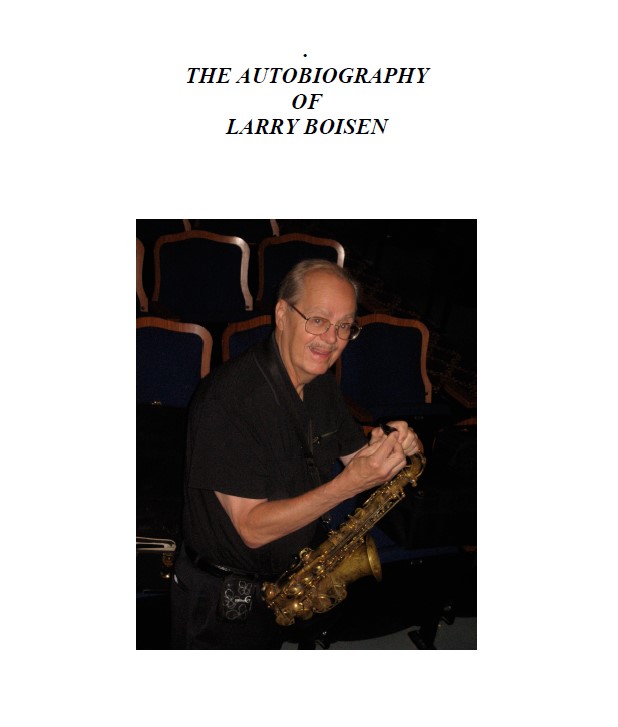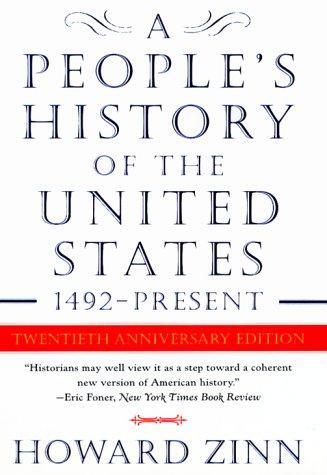
My dad spent considerable time writing this. Although my dad has written a couple of novels for public consumption, I do not believe this was written with the intention of being published. He is getting older and wanted to pass on information about himself and his family before that information was lost to time. My dad is 77 in the picture above and getting ready to perform in the pit band for his musical ,”The Drowsy Chaperone”.
The book describes very humble beginnings. When my dad was young, he lived in Chicago with both his parents, his sister, his brother, and his grandmother – all in a one bedroom apartment. He worked delivering meat for a local butcher as kid. This allowed him a little bit of spending money. When he got a little older, his family moved to a two bedroom house that also had a basement. My grandfather, who worked for many years as a carpenter, later added a level to this house which had an apartment that my parents and I lived in when I was born. The house is still there, but no one in my family owns it anymore.
My father was a musician for most of his life, so much of the autobiography centers around music and musicians he worked with. He discovered the saxophone in his teens and devoted most of his early years to mastering it. He has some old 78 rpm records he played on after just 18 months of practice. Being a decent musician may have saved his life. Before he was to be drafted, he auditioned for the army band and was accepted. He still had to do boot camp like everyone else, but army bands aren’t known for taking much enemy fire.
He finished his military obligation, which allowed him to see much of Europe, and entered college. He worked as a musician and used the GI bill to pay for college. Around this time he also met my mother who was fairly new to the United States. She grew up in Switzerland and moved to the US with her mom, knowing no English, when she was 19. My dad and his army band buddy, who happened to be named Buddy, hosted a party in the apartment they shared. My mother lived in a neighboring apartment and attended the party. I am told it was love at first sight. They married a few years later and my mom gave birth to me a few years after that.
My dad earned his degree in French during that time. If you are wondering what sort of an occupation is available to someone with a French degree, the answer is, “I don’t know.” My dad substitute taught at a high school and worked for a while selling instruments to school music programs. He had no insurance when I was born, but my mom did. She worked at a camera store. Despite my mother having insurance, the expense of my birth was not covered. Only the insurance of the father could pay for the birth of a child at the time. You can’t make this stuff up. I think I was, “paid for”, when I was about five at which point my parents also had my sister. My dad continued to work as a musician on nights and weekends, but got a regular job at the post office. This afforded the whole family insurance and a stable income.
My father worked at the post office for 32 years. He played “gigs” on evenings and weekends. I rarely saw my dad on Friday or Saturday night. It seems normal when that is your life, but looking back, it was sort of an odd way to grow up. When my dad was home, he was always practicing his instruments – he added flute, clarinet, harmonica, and keyboards to his repertoire, in addition to the saxophone. I found it annoying at time when I was growing up. I could not watch a tv show or talk on the phone without live music playing. Now I look back fondly on those times. My childhood had an actual soundtrack.
After my dad retired from the post office he began devoting most of his free time to writing, musicals, plays, songs, and novels. He had about a dozen musicals and plays produced locally. He still feels as though he has never “made it”. As DJ’s became much more prominent at parties and weddings, my dad’s opportunities to earn money playing dried up quite a bit. The majority of his work in the last two decades was split between two bands – Jazz Spectrum and the Melodaires. The Melodaires have become defunct, but Jazz Spectrum still plays fairly regularly. My father, up until recently, has also taught music a couple of days a week to keep himself busy. He is now 86 years old. He has recently had a medical event and is convalescing. Prayers are welcome.


